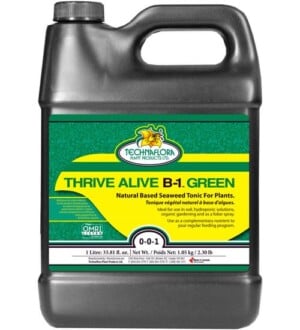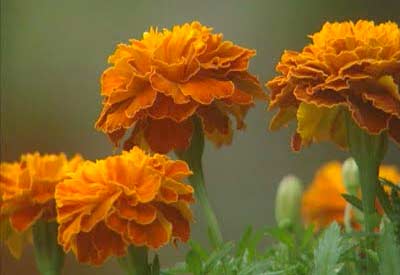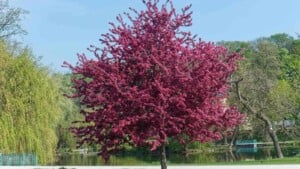It may be too late in this season for us to start our own vegetables and flowers rather than buy nursery stock. But there’s a good reason we should at least be aware that the starts we purchase at the nursery or big-box home supply store may have been treated with plant growth regulators (PGRs). It’s also a good reason, short of growing our own plants, to make sure the nursery stock we buy is from a reliable organic dealer.
The term PGR has come to include many things, not all of them potentially harmful. But technically, a PGR is a spray or chemical used to treat seed or growing plants that, through cellular mutation, makes the plant in some way more desirable, often more to the seller than the buyer.

IT'S ORGANIC!
Thrive Alive - Green
Use to promote lush vegetative growth and profuse flowering in ALL crops.
Learn morePlanet Natural carries a large selection of natural and organic fertilizers designed to encourage growth, blooms and bountiful harvests. Give them a try… your gardens will perform beyond your highest expectations!
PGRs are used for a host of reasons and function in a number of ways. They are commonly categorized and regulated as pesticides but mostly deal with growth, flowering and fruiting issues. Some, especially those used to encourage rooting, are organic compounds. But most of those used in commercial agriculture — and that includes the sale of nursery stock — are synthetically derived.
Here’s an interesting paper on the growth regulator Sumagic. Notice that there are strict restrictions on how much and when this PGR can be used. Scroll down to “Post Transplant (sic) Concerns” to find that one concern is residual Sumagic in the fruits. These are the kinds of things that make us suspicious.
Why use them at all? “PGRs like Sumagic are gibberellin biosynthesis inhibitors which suppress plant height by inhibiting internode elongation,” says the report. In other words, they keep plants — in this case tomatoes, peppers, eggplants, tomatillos — from becoming too leggy.
It doesn’t take much to figure out why commercial nursery growers might want to discourage large growth. Here’s Joseph Tychonievich discussing PGRs from his wonderful new book Plant Breeding For the Home Gardener (more on this great resource coming in another post): “Short, compact plants are easier to sell because they look more balanced in a small pot. Short stems also don’t get tangled together on the bench and are less likely to get broken during shipping; and you can stack many more flats of short plants on shelves in a semi truck.”

Flowering plants, like marigolds, have been treated with PGRs for years, resulting in small plants with blossoms that you see so widely available. But it’s only in the last few years that PGRs, specifically Sumagic, have been approved for use on vegetable plants. It’s telling that one can look in vain for testing on the safety of individual commercial PGRs used on edibles. The fact that the Sumagic paper cited above suggests testing is needed to see if the compound can be found in the tomatoes, eggplants, and peppers from plants treated with the PGR is not only telling but frightening.
Again, if you’re buying nursery stock this planting season and want to avoid PGRs, be sure you’re buying them from a reliable organic grower. Until we know more about any risk that might be associated with commercially used, synthetic PGRs, organic gardeners will want to steer clear.
Note: In the last couple years, the U.S. Environmental Protection Agency (EPA) has decided that naturally derived liquid kelp and seaweed products must be registered as plant growth regulators (PGR). The designation seems odd to us. After all, we’ve been using kelp fertilizers on everything from our peppers to our petunias. Hopefully, common sense prevails.











